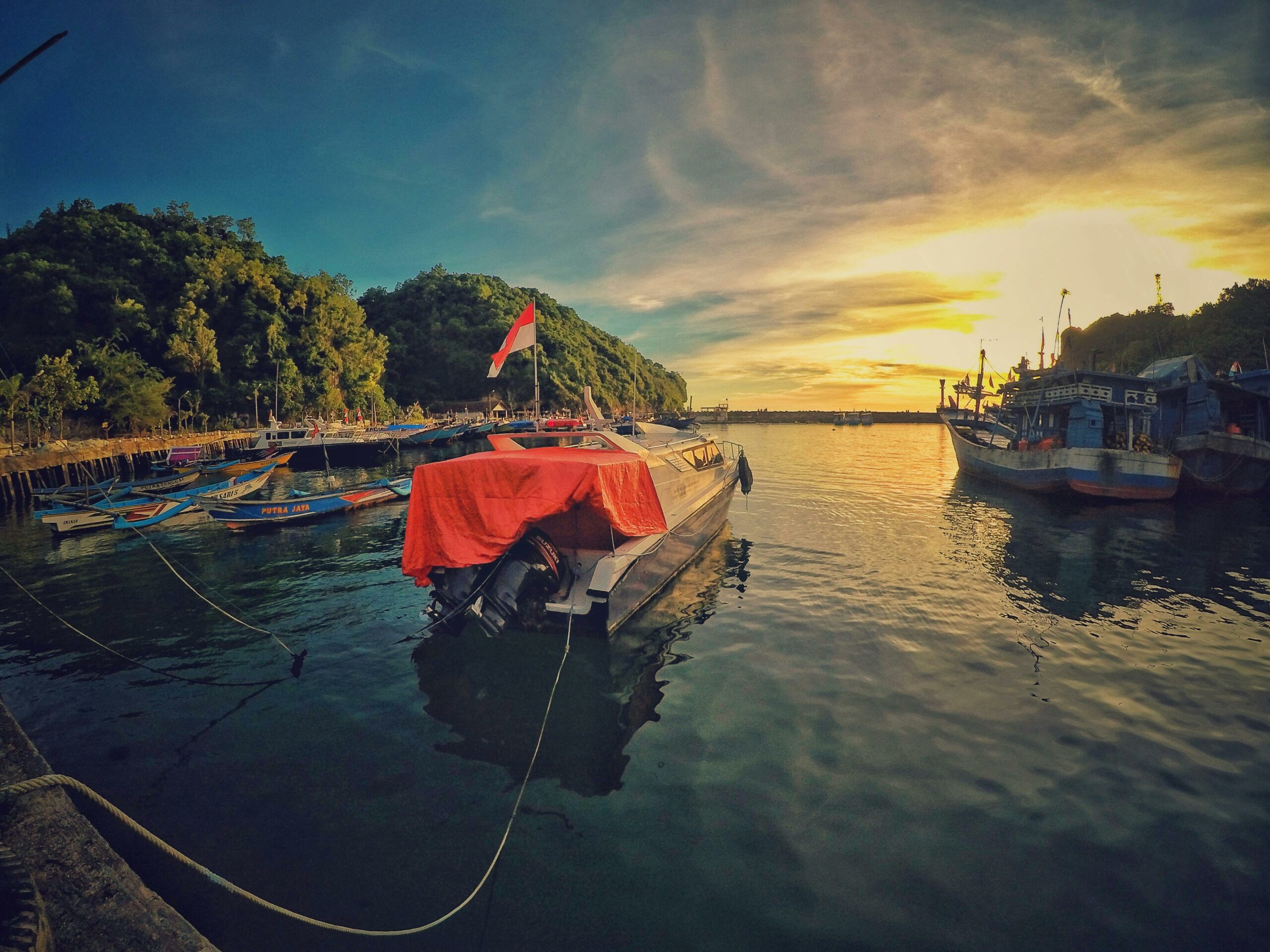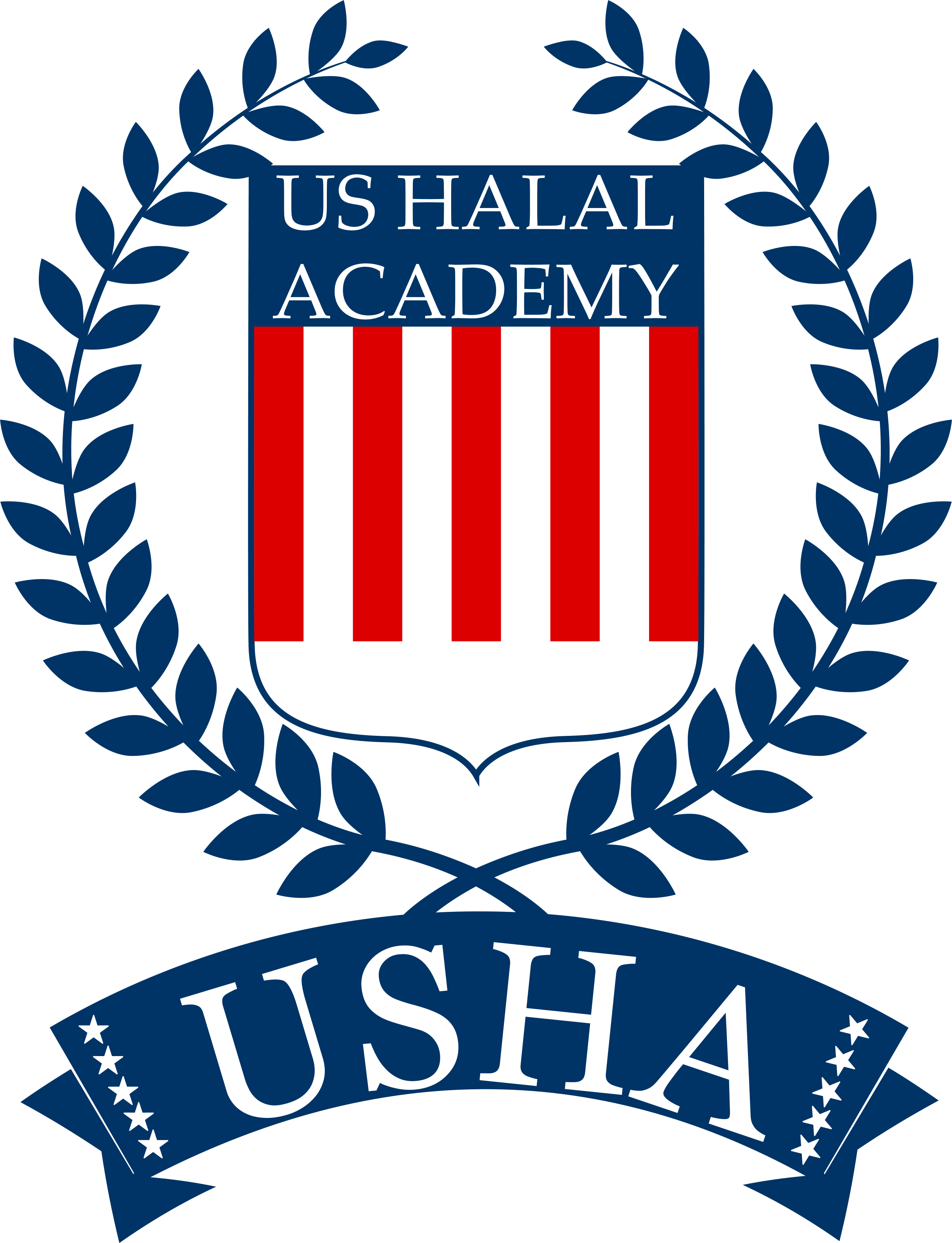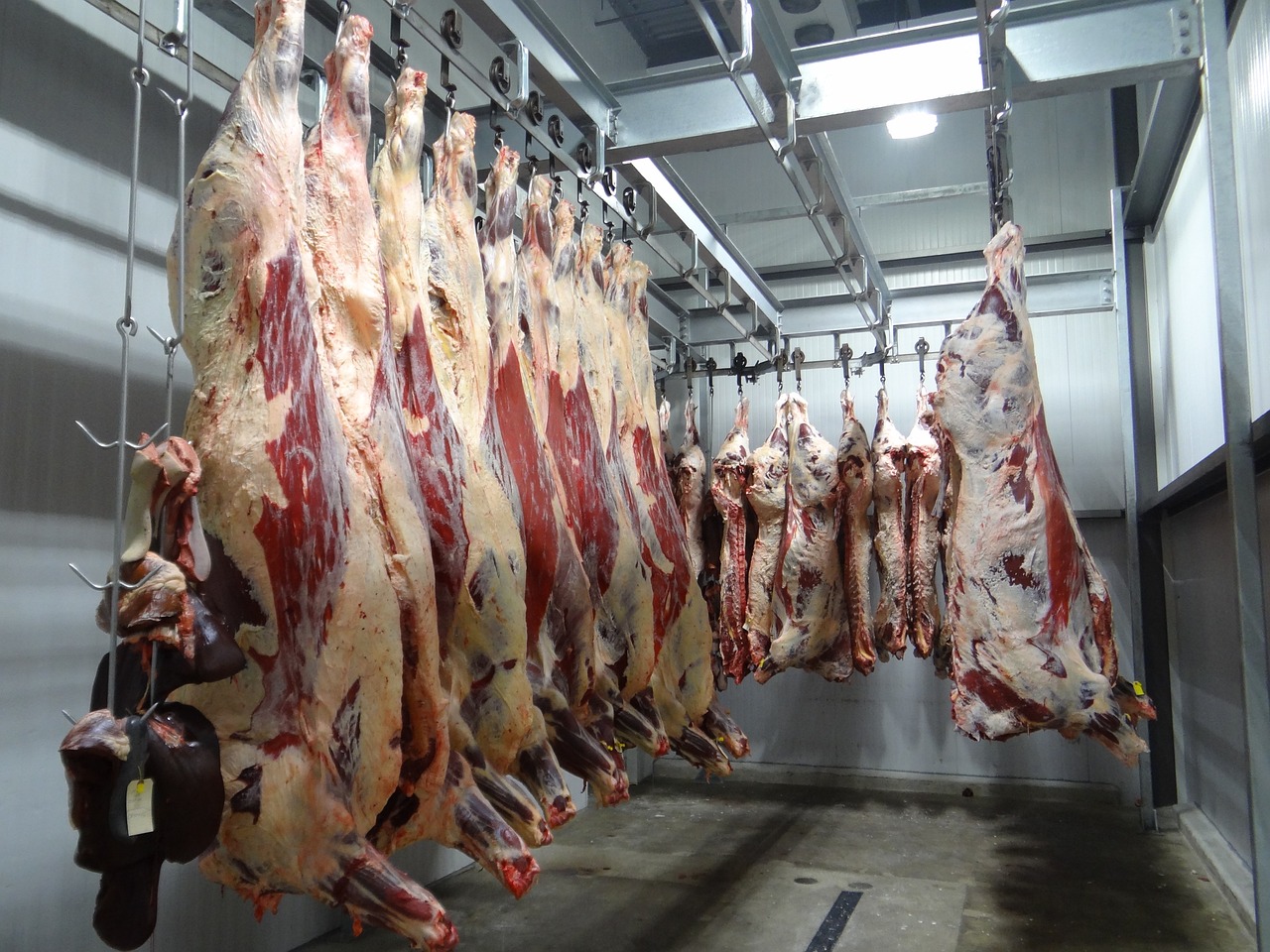October 17, 2024, marks a historic moment for trade in Indonesia. According to Indonesian Government Regulation No. 39 of 2021, all food and beverage products sold in Indonesia must be halal certified. This requirement applies not only to locally produced products but also to imported products.
Table of Content:
The Success of the 3rd H20 by BPJPH in October 2024
The Role of MRA on October 17, 2024
The Process for Halal Bodies to Obtain an MRA
The Success of the 3rd H20 by BPJPH in October 2024
The Indonesian Halal Product Assurance Agency (BPJPH) successfully held the 3rd Halal 20 (H20) on October 10, 2024, at ICE BSD, Tangerang, Indonesia. The event resulted in the signing of 52 Mutual Recognition Agreements (MRAs) with Halal Certification Bodies (HCBs) from 24 countries. Previously, BPJPH had already signed 40 MRAs with international Halal Bodies that had completed the assessment and collaboration process, including IFANCA, one of the first to sign. This brings the total to 92 international halal bodies that BPJPH collaborates with for halal certificate recognition.
The Role of MRA on October 17, 2024
Under Government Regulation No. 39 of 2021, Indonesia applies phased halal certification requirements for marketed products. As of October 17, 2024, food, beverages, raw materials, and slaughtered animal products take priority. These products must have halal certification before entering the Indonesian market. BPJPH may issue the halal certificate directly. International halal bodies with an MRA agreement with BPJPH can also issue it. An MRA confirms that a foreign halal certificate equals a BPJPH certificate.
With 92 MRAs signed, those 92 halal bodies worldwide can issue certificates that are accepted and recognized in Indonesia. However, industries must be aware that each MRA specifies the scope of recognition. BPJPH has defined 15 categories, including Food, Beverages, Pharmaceuticals, Cosmetics, Chemicals, and Biological Products.
The Process for Halal Bodies to Obtain an MRA
The process to obtain an MRA with BPJPH is extensive. It begins with registration and document verification. Authorities then conduct an on-site assessment. They review the halal body’s certification processes. Some bodies must adjust their procedures. They may need to implement the Halal Product Assurance System. US Halal Academy collaborates with IFANCA to support businesses. They offer specialized halal certification training. The training helps businesses meet Indonesian requirements. It also prepares products for certification and distribution.






